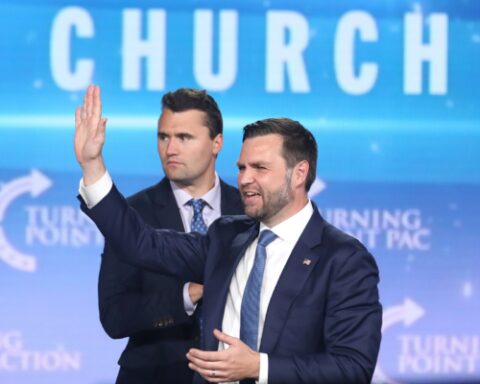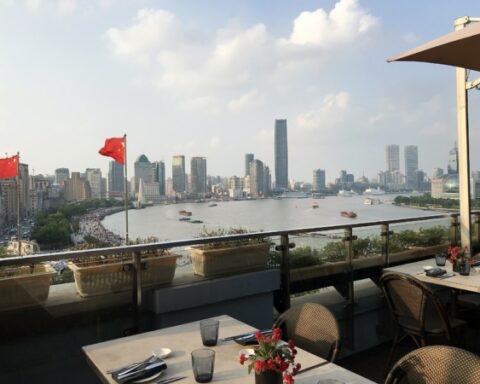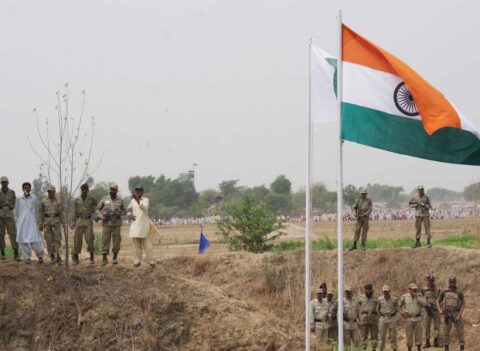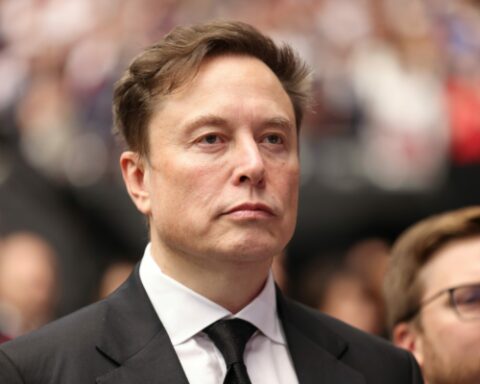In a compelling address at the IISS Shangri-La Dialogue in Singapore, French President Emmanuel Macron emphasized the need for a robust partnership between European and Asian nations to safeguard a rules-based international order.
He called for collaboration to avoid being ensnared in the escalating rivalry between the United States and China, urging both regions to seek a “third way.”
Macron articulated that Europe’s longstanding ambition for strategic autonomy aligns with the interests of many Asian countries. He remarked, “We want to act. We want to preserve our stability, our peace and our prosperity.”
He advocated for a new alliance built on shared norms and principles, asserting that it is crucial to prevent nations from becoming collateral damage in the geopolitical struggles of superpowers.
His appeal comes at a time of heightened uncertainty following U.S. President Trump’s trade policies, which have unsettled allies globally. The tariffs implemented under Trump have raised concerns in various nations about their reliance on American support against threats from Russia and China.
Macron noted that the unpredictability of U.S. trade policies undermines the rule-based order, posing a common threat to both Europe and Asia and necessitating greater cohesion between them.
Macron’s address resonated particularly with a diverse audience, including U.S. Defense Secretary Pete Hegseth and global defense leaders, as he asserted that European and Asian nations are more interconnected than previously recognized.
He emphasized the urgency for concrete actions to fulfill the strategic autonomy agenda, a vision that has gained traction among European nations since recent geopolitical shifts.
The challenge lies in the historical reliance on U.S. military and economic strength, which has underpinned alliances in both regions. As European nations gravitate toward Macron’s vision, the situation is more complex in Asia, where allies like South Korea and Japan depend heavily on American support, lacking independent nuclear deterrents.
Macron reaffirmed France’s role as both a friend and ally of the United States, while also engaging with China. He expressed a desire for autonomy in decision-making, stating, “We don’t want to be instructed on a daily basis what is allowed.” His remarks underline a growing frustration with the unilateralism that has characterized recent U.S. foreign policy.
In his impassioned defense of the crumbling international order, Macron cautioned against adopting double standards in global crises, such as Ukraine and Gaza.
He warned that failing to address these issues would undermine Europe’s credibility on the world stage.
He criticized the notion that Russia’s invasion of Ukraine is merely a European conflict, highlighting its broader implications for sovereignty and territorial integrity—principles equally relevant to Taiwan and the Philippines.
Macron concluded by asserting that the interconnectedness of global crises demands a collective response, reinforcing the urgency of his call for a new partnership between Europe and Asia in navigating the complexities of the 21st century.
[READ MORE: British Police Investigate Mysterious Fires at Prime Minister’s Residence]








